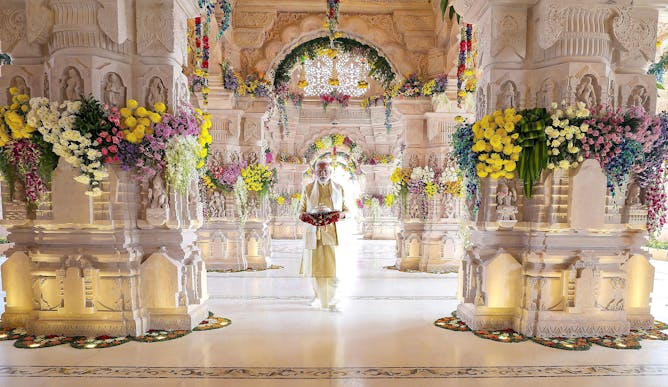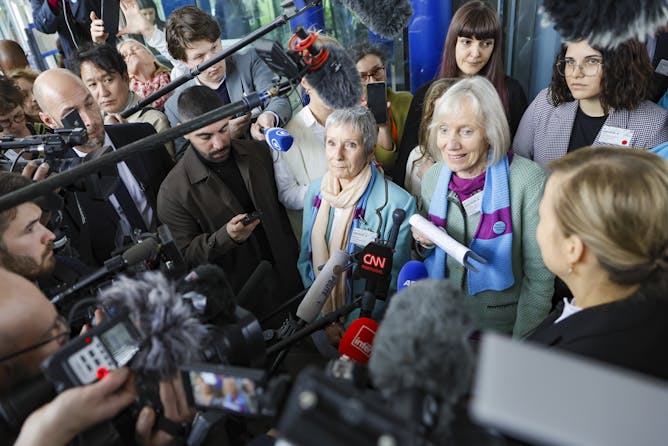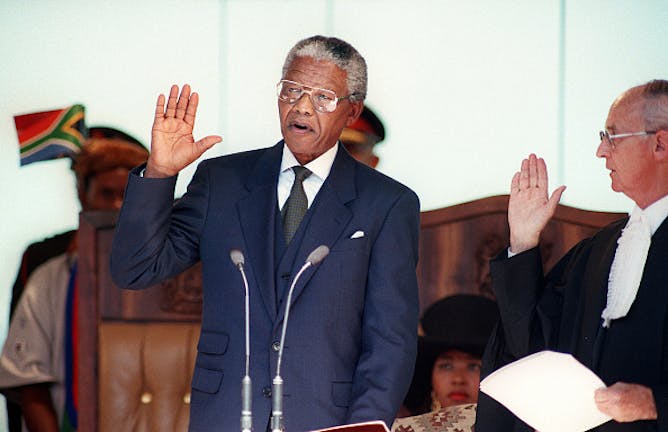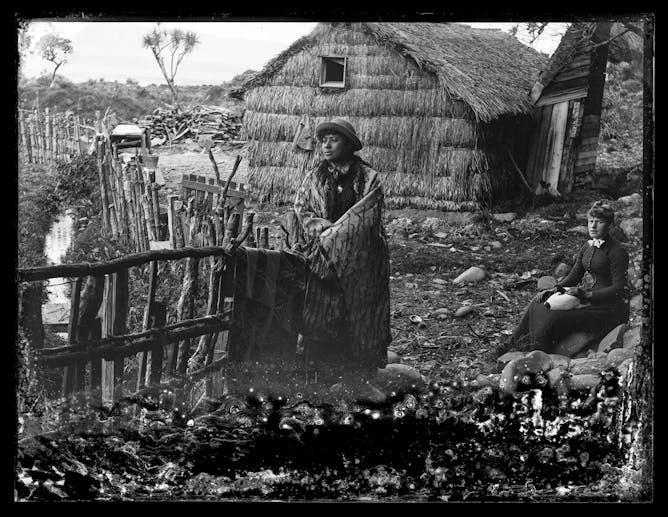|
Here’s a story about an authoritarian leader of a global power who wants to bend the country in his image. He follows the populist leader “playbook” closely – non-elite outsider, religious conservative, ruthless strongman yet not afraid to cry in public. But above all, he has realised that to attain true control of his country, he needs to capture and control the legal system and its highest power, the supreme court.
This in-depth feature is not about Trump, Putin or Xi, but India’s prime minister, Narendra Modi. On April 19, Modi will begin his quest to win a third consecutive term in charge of the world’s most populous country. For as long as he has been in power, legal anthropologist Sandhya Fuchs, who grew up in rural India, has been researching human rights and hate crime law in India. She has got to know many senior lawyers who say they are now terrified by the dismantling of their country’s once admired legal system – and by what further steps will be taken if, as expected, Modi triumphs in the impending election.
|

India’s prime minister, Narendra Modi, takes part in the consecration of a controversial new Hindu temple in Ayodhya, January 2024.
Planetpix/Alamy Stock Photo
Sandhya Fuchs, Vrije Universiteit Amsterdam
Over the past decade, I have documented the erosion of India’s once robustly democratic legal system as part of Prime Minister Modi’s ‘authoritarian playbook’
|
|
|
-
Preminda Jacob, University of Maryland, Baltimore County
Ahead of elections in India, a series of films that promote the ruling party’s right-wing ideology are seeking to influence voters. An art historian explains how the trend started.
|
|

Aoife Daly, University College Cork
Their victory in the European Court of Human Rights is a huge win for the climate.
|

Thabo Leshilo, The Conversation
A lot of good has happened since apartheid ended in 1994. Sadly, 30 years on, the country is in a political and economic crisis. Many are questioning the choices of the past three decades.
|
|
|
-
Javed Ali, University of Michigan
Tehran has warned that no Israeli embassy is safe following deadly bombing of its mission in Damascus.
-
Scott Lucas, University College Dublin
Israeli launched a strike against the Iranian embassy in Damascus on April 1.
-
Harald Fox, Lancaster University
During a walk in the Scottish Highlands, one of the greats of particle physics had the idea of a lifetime
-
Sandiso Mnguni, University of the Witwatersrand
This is one of the first fossil rove beetles ever discovered on the continent and in the southern hemisphere more broadly.
-
Josh Greenberg, Carleton University
Vinyl’s unlikely comeback story is linked to a combination of slick marketing, claims of superior sound, its polysensorial character and how it evokes nostalgia to construct and reconstitute memory.
|
|

Angela Wanhalla, University of Otago
A major new exhibition and book showcase Aotearoa New Zealand’s earliest photography, and how the new technology was integral to the colonial project.
|